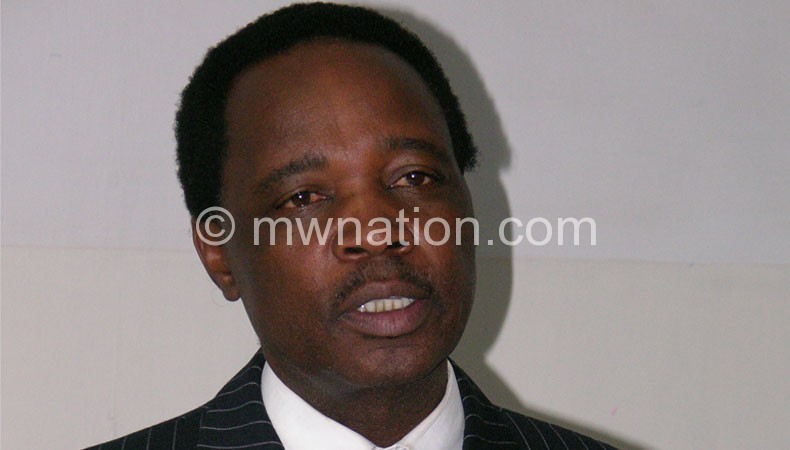Of anthologies, royalties
It never rains but pours for the Malawi Writers Union (Mawu). The union faces allegations of intellectual property theft for publishing and selling Ananiya Alick Ponje’s book Assignment without his consent.
Even before the dust settles, another burning issue comes on its door knocking for attention. This has to do with royalties for artists who contribute to the union’s anthologies.

Standard requirements are that authors benefit in monetary terms for their contributions. Writers are usually entitled to 10 percent of the total sales. This means after the sales, they are supposed to share equally the money from the 10 percent.
However, it has come to light that writers labour in vain for their contributions to anthologies.
Mawu anthologies’ frequent contributor, Ayami Mkwanda, says he is yet to benefit in royalties for his articles published previously.
Some of his works include War Front in the anthology The Bachelor of Chikanda and When Misfortunes Strike in The Conductress.

Mkwanda says the union has extended its hand to publish his novel manuscript and yet previous royalties have not been honoured.
“I met [Mawu president] in 2010 in his office in Blantyre, just one year after the publication of The Bachelor of Chikanda and he showed me a confidential memo that spelt how we contributors [32 of us] were going to be paid by Mawu after the sales of the copies.
“According to Mawu, writers were entitled to 10 percent of the total sales. This means after the sales, we were supposed to share equally the money from the 10 percent. In 2014, another anthology came out and we, the writers, never got paid,” he says.
The issue of royalties was first raised by Temwani Mgunda on Mawu’s official Facebook page last week. Mgunda observed that Mawu has over the years been publishing anthologies, but doubted if any contributor has ever benefited in royalties.
He wrote: “…most of these books are now out of stock. Or is it that the silent terms and conditions declare that there shall be no royalties?”
This has opened up a debate as to whether art ought to be paid for or one needs to write or publish for the sake of it. And if art is commercialised, how best should writers benefit for their contributions in anthologies?
Author and a retired professor of English at Chancellor College, Felix Mnthali says it is up to writers to lay down the fee for granting any permission for their work to be included in an anthology.
“All creative work must earn something. Work that is good enough to appear in an anthology is good enough to be paid for.
“The editors of such anthologies get paid for their work. Why should writers of what they edit be denied the reward of their sweat? It is like denying farmers the money for their crops,” he says.
Poet Ndongolera Mwangupili agrees: “A good author negotiates for a better percentage of royalty than the 10 percent.”
However, Mwangupili observes that most of the local publishers are not forthcoming in having a contract for a book project signed just as Ponje alleges that his book was published without any written agreement.
Some quarters have heaped the blame on the leadership of Mawu.
Writer Ayami Mkwanda suggests that Mawu should constitute a committee that will be responsible for paying people their royalties rather than leaving everything with one person. He says there should also be an accountant at Mawu who should be looking into the affairs of writers in terms of paying their royalties.
“The organisation should first of all enter into written agreements with writers whose work will be published by the organisation to make sure that writers are not reaped off. You cannot sell a book without giving the one who contributed to it a single penny. Yes we know that printing a book is very expensive but, once the copies are sold, the writer should be paid a little something,” he says.
When contacted on Tuesday, current Mawu president Sambalikagwa Mvona declined to talk to this reporter saying he has stopped granting The Nation interviews. However, in an earlier interview, Mvona said local writers have personal vendetta against his leadership at Mawu.
However, Copyright Society of Malawi (Cosoma) board chairperson Charles Sinatre says his institution can come in on such issues when it receives official complaints.
“The procedure is that the two aggrieved parties are supposed to discuss the issue within their union. We only come in to mediate when the other party reports officially to us,” he said.
Sinatre said so far no aggrieved party has officially reported about the issues, saying: “We have only read about Ponje’s issue in the media. But we can’t act based on media reports.”





